

'Climate Refugees in South Asia' examines the convergence between climate change, displacement, and international law. It focuses specifically upon this intersection in the South Asian context. It is not just a study of legal frameworks, but it also highlights how current structures fail to respond adequately to the urgent humanitarian challenges of today.
Climate Refugees in South Asia: Protection Under International Legal Standards and State Practices in South Asia


The issue brief provides an in-depth analysis of the 2025 India-Pakistan conflict, focusing on the strategic use of loitering munitions and Suppression of Enemy Air Defences (SEAD) in modern warfare. It examines the implications of the possible use of these technologies within the context of Operation Sindoor.
SILENT WINGS OVER VERMILION SKIES: Contextualising SEAD and Loitering Munitions in the 2025 India-Pakistan Conflict

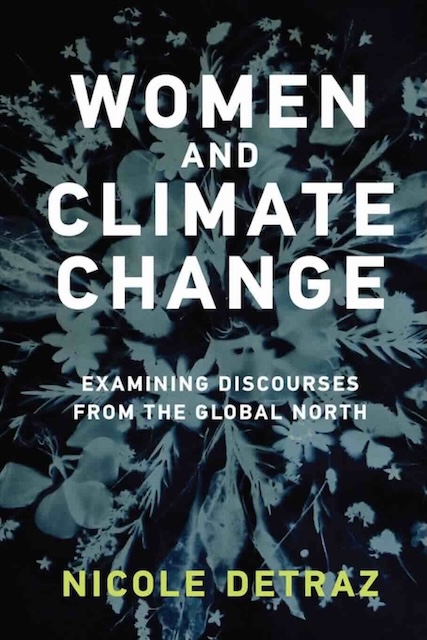
Nicole Detraz delves into the intricate relationship between women and climate change, positioning it as a critical yet often overlooked dimension of global environmental politics. The book presents a compelling analysis of how climate change discourse has permeated diverse institutions—from corporate conglomerates to religious organizations—each integrating the issue into their agendas as an urgent call to action.
Women and Climate Change: Examining Discourses from the Global North

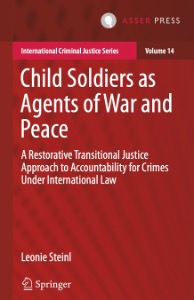
Leonie Steinl's book delves deeply into the complex roles child soldiers play during conflicts and the difficulties they face in reintegrating into society. She underscores the importance of acknowledging these children as autonomous actors to ensure they receive the dignity and respect they merit during reintegration. Adopting a transitional justice approach, the book critically examines the duality of child soldiers as both victims and perpetrators of violence, offering insights to inform transitional justice practices.
Child Soldiers as Agents of War and Peace


With a focus on decentralized operations, targeted recruitment, and grassroots radicalization exploiting local vulnerabilities, AQIS seeks to establish its Pan-India terror networks, mostly in remote places, to destabilize the country while advancing its violent jihadist ideology. This brief delves into AQIS's evolving tactics—highlighted by recent arrests (in Jharkhand and Rajasthan) to shed light on its overarching objective of gaining a foothold in India.














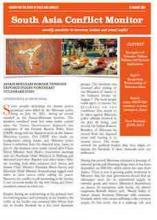


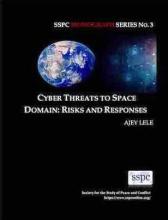
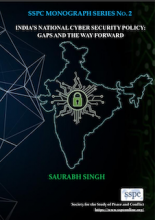
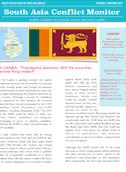
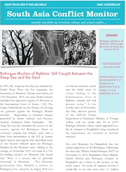

SCO and BRICS in a Fractured World: India’s Balancing Act in Multipolarity
Musk, Trump and the Future of Free Speech on Social Media
Neglected Hazard, Growing Threat: Why Coastal Erosion Demands an Early Warning System